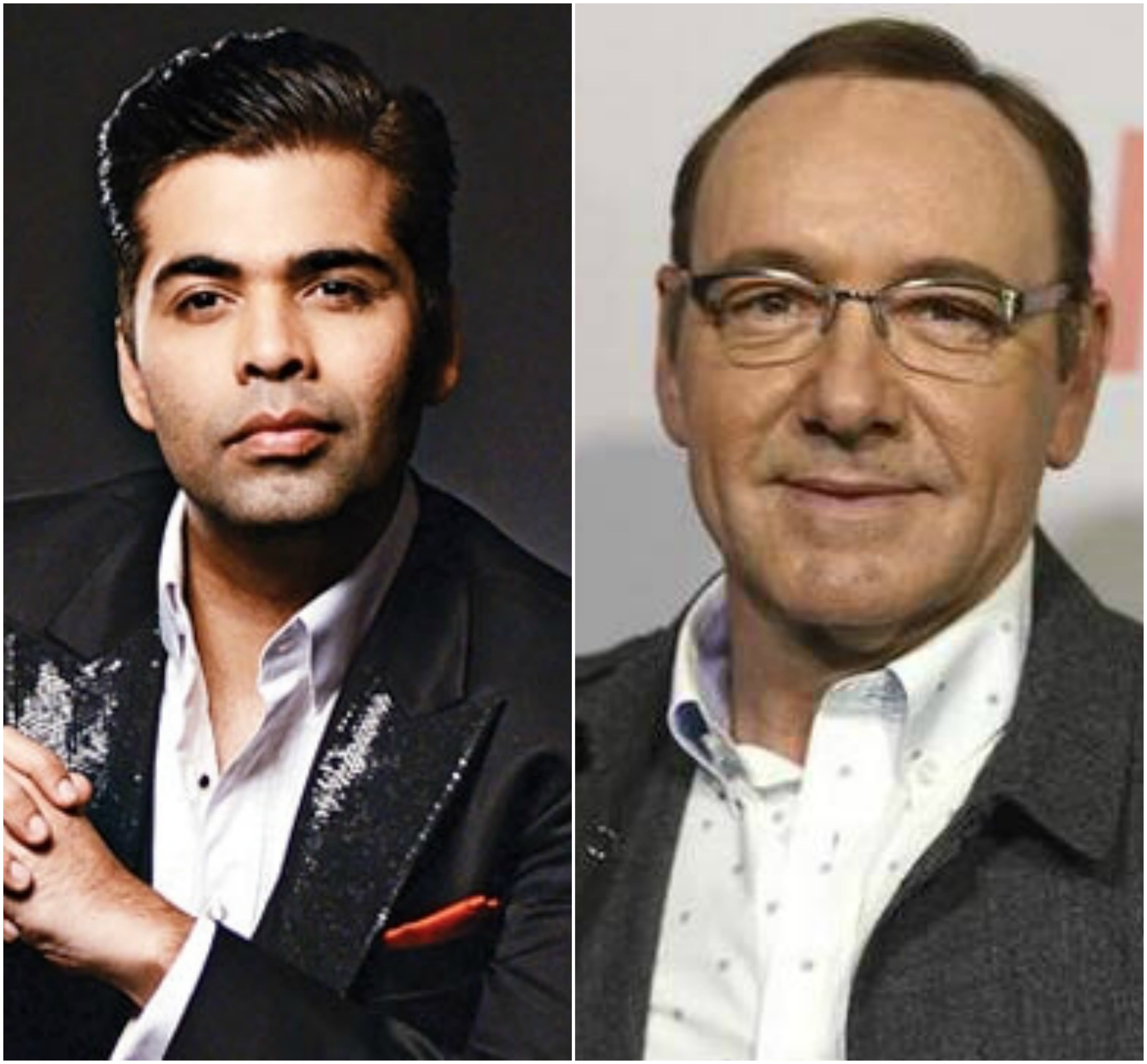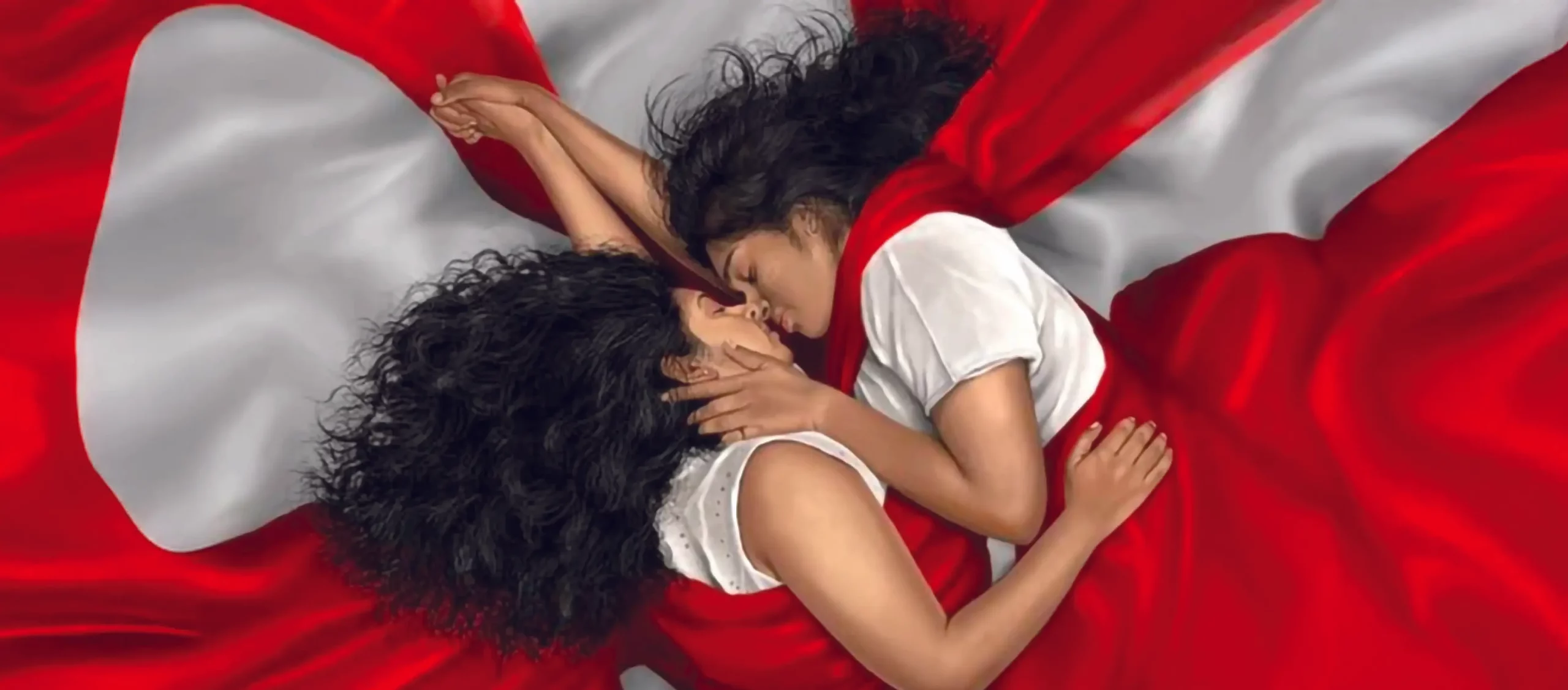Posted by Ajeet Rawat
A few days ago, I was chatting with a friend of mine about the Privacy judgement given by the honourable Indian Supreme Court, which it adjudicated in a rare 9-0 unanimous verdict. Somehow Bollywood producer and director Karan Johar’s name popped up (No, I didn’t bring it up!).
I was asked whether and why should a famed director make his private life public. Indeed, being gay or straight is hardly a matter to bring into public affairs. Why should it matter whom someone loves or sleeps with? It’s a totally personal decision (and risk) to come out as an LGBTQIA+ person to the world or not. Both situations and arguments in this regard are valid and sound.
But here’s the catch. For keeping your life private, you don’t need to choose an excuse. Just saying it’s your personal matter should be more than enough. Yet we see people blaming an age-old law and justifying their not coming out due to it. Karan Johar said and I quote from his recently published autobiography, “Everybody knows what my sexual orientation is. I don’t need to scream it out. If I need to spell it out loud, I won’t only because I live in a country where I could possibly be jailed for saying this.”
For Karan, according to his biography, the fear of getting a prison term was what ultimately stopped him from spelling it out. Numerous people from the LGBTQIA+ community and allies decried his words. They retorted if Karan Johar couldn’t come out himself, the least he could do was to not discourage those LGBTQIA+ individuals who still wanted to come out. Innumerable people also replied that they were open and proud and yet they had never been booked to jail for what they were.
Once again, unfortunately, Karan Johar was demonized in the only way he allows and remains. The antihero of gay India. The person who keeps hinting and dropping signals and yet chooses not to be out. If you ask a Bollywood celebrity –“Hey, what’s the deal with K Jo?” you would probably get the reply it’s none of your business. That he wants us to keep quiet about his orientation.
But interestingly enough, that’s also something he has always failed to do himself. Be it on the set of his talk-show where he asks every other guest with whom they’ll have a “gay encounter” with if they are forced at gunpoint. Or in his movies, his sad caricatures of lonelier-than-Bhandarkar-gays, from Kanta Ben’s disgust to Dean Yogi’s death (I don’t know whether Rishi Kapoor’s character actually dies in the movie so I’m taking a wild guess here).
Karan Johar was demonized in the only way he allows and remains. The antihero of gay India.
It is sad how his words and movies mostly end up hurting the LGBTQIA+ struggle and showing them in a negative portrayal. And I disagree with them. I also believe if we were to consider the world as an inclusive utopia where sexual orientations don’t matter and there’s no law which proscribes the act of homosexuality, a person is still entitled to keep his private life private.
But what Karan Johar is implying, only he knows. Is he waiting for the judgement on the curative petition filed by Naz Foundation? Will he do it then? The fact remains that Naz Foundation did manage to create a four-years-and-a-half hiatus on Section 377. Countless people, excluding Karan Johar, chose to come out after that.
This window of hope was resealed again in an unexpected shocking verdict by the apex court. Legally, we were back to square one. But actually, people didn’t stop expressing their orientations even after 11/12/13.
To be fair, we are still living in a world where coming out is a stressful and sometimes a hazardous decision. You will have to think about everything before you tell your parents or peers. But inch by inch, with no role-model in sight, people are somehow coming to terms with their sexual orientation in spite of the blatant homophobia that exists in India.
Going back to Karan Johar, he writes, “I have become like a poster boy of homosexuality in this country. But honestly, I have no problem with people saying what they want about me.” I appreciate his nonchalance but poster boy? Like seriously?
Also Read: The Fall Of An Idol: Louis CK And Betrayal
Here I was of the opinion that we equate poster boys to the likes of Technical Sergeant Leonard Matlovich who got a blue discharge from the U.S. military and a red border cover from Time in 1975. The likes of Anne Frank or Ryan White or Rosa Parks who stood their ground as the world turned.
He adds, “Twitter has the most abuse. I wake up to at least 200 hate posts saying, ‘Get out, you’re polluting our nation, you’re dirtying society’ or ‘Shove [IPC 377] up your arse.’ I get this on a daily basis and I’ve learned to laugh it off!” This is a deep problem. A problem which has no social band-aids or a shortcut solution. No matter who the person is, no one deserves online abuse. On a personal level, it is detrimental to one’s psyche.
The hatred is already there. And we don’t know when will it go. If even a famous director gets abused openly daily then it’s a matter of public shame that there are still no FIRs or police enquiry for this heinous cyber-bullying. I would like that he report them to authorities. Just for the sake of reporting and that’s that.
Leaving our out-but-not-out director for a moment, let’s talk about another burning issue which has stunned the world with a storm. The Harvey Weinstein scandal was just the tip of the iceberg. The #MeToo campaign has seen a cascading effect and sexual assault in various parts of the world turned out to be a humungous demogorgon.
It doesn’t matter where your country stands vis-a-vis GDP or HDI and whether it is a developing country or a well-developed state. The pain of sexual assault we found out is universal. Its wounds pervade every age, gender and orientation. In its wake, many Hollywood heavyweights are toppling like dominoes and deservingly so.
The pain of sexual assault we found out is universal. Its wounds pervade every age, gender and orientation.
As a fan, the most shocking among them for me was – Kevin Spacey. When his abused survivor mustered enough courage and shared his story to Buzzfeed News, Kevin Spacey meekly replied with a bout of amnesia and a bland “coming out.” That he was choosing to live his life as a gay man.
The Advocate and George Takei immediately denounced what was seen as Spacey’s bid to gain sympathy and shift the attention away from the main issue. The issue here was never the orientation but the abuse. Now when his career is in tatters, Kevin thankfully, has announced to seek “evaluation and treatment.”
But what didn’t go down well was his apparent act of conflating homosexuality to child abuse. So I thought, why blame an Indian director for not coming out and not being able to be a role model to the countless Indian LGBTQIA+ youth when a world-class phenomenal actor who did come out, at last, ended up taking such a damaging decision on the whole?
Forced to come out at the most inappropriate time, he taught the world in a way, how exactly not to come out. Yes, there is a stark difference between an individual character and a community. And one individual doesn’t really hold the key for all, howsoever famous, influential or powerful the person may be. In between Karan’s reluctance and Kevin’s rehab, we ought not to get lost in caricatures and stereotypes.
Karan Johar chooses not to come out because he says and I quote him again – “I don’t want to be dealing with the FIRs. (Even though he claimed he lost his virginity consensually when he was 26, which would still be a crime if the second person ever confesses) I have a job, I have a commitment to my company, my people who work for me; there are over a hundred people that I’m answerable to and I am not ready to sit in the courts because of ridiculous, completely bigoted individuals who have no education, no intelligence.”
Meanwhile, Kevin indeed may have to deal with police cases now, he did lose his job at House of Cards. Netflix severed all ties with him and his very own people – his publicist and his talent agency ended their relationships with him. O the poster boys we have! It seems Karan Johar was right the whole time.
I am ending this rather ambiguous, gossipy (almost sleazy) post with what is written in Leonard Matlovich’s timeless epitaph –
“When I was in the military, they gave me a medal for killing two men and a discharge for loving one.”
Amen.
Also Read: My Take On Coming Out: My Identity Is More Than One
Ajeet Rawat is a Post Graduate in Physics from the Central University of Haryana and is currently preparing for GATE exam. Originally published in Gaylaxy, this article has been republished with permission.
Featured Image Credit: The Hindu and DNA
About the author(s)
Gaylaxy is India's leading LGBT Magazine that covers a wide array of topics related to LGBT+ issues, including news, opinion, personal stories, fiction and poetry.




